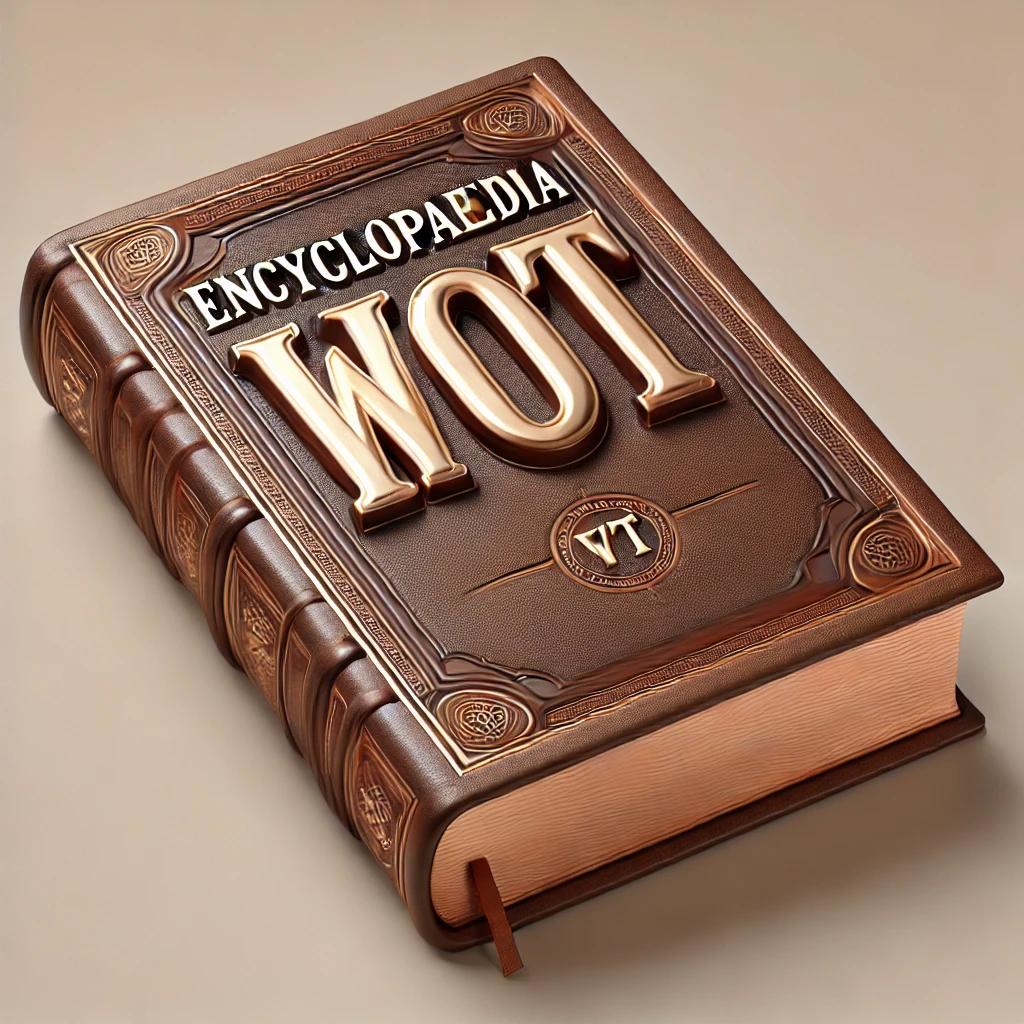This page (revision-1) was last changed on 05-Sep-2021 06:47 by Administrator
Only authorized users are allowed to rename pages.
Only authorized users are allowed to delete pages.
Page revision history
| Version | Date Modified | Size | Author | Changes ... | Change note |
|---|---|---|---|---|---|
| 1 | 05-Sep-2021 06:47 | 6 KB | Administrator |
Page References
| Incoming links | Outgoing links |
|---|---|
 );
background-size: contain;
background-repeat: no-repeat;
background-position: center;
height: 40px;
width: 40px;
color: black;
);
background-size: contain;
background-repeat: no-repeat;
background-position: center;
height: 40px;
width: 40px;
color: black;
 ); }
.blue:after {margin-left: 0.15em; content:url(
); }
.blue:after {margin-left: 0.15em; content:url( ); }
.brown:after {margin-left: 0.15em; content:url(
); }
.brown:after {margin-left: 0.15em; content:url( ); }
.gray:after {margin-left: 0.15em; content:url(
); }
.gray:after {margin-left: 0.15em; content:url( ); }
.green:after {margin-left: 0.15em; content:url(
); }
.green:after {margin-left: 0.15em; content:url( ); }
.red:after {margin-left: 0.15em; content:url(
); }
.red:after {margin-left: 0.15em; content:url( ); }
.white:after {margin-left: 0.15em; content:url(
); }
.white:after {margin-left: 0.15em; content:url( ); }
.yellow:after {margin-left: 0.15em; content:url(
); }
.yellow:after {margin-left: 0.15em; content:url( ); }
.amyrlin:after {margin-left: 0.15em; content:url(
); }
.amyrlin:after {margin-left: 0.15em; content:url( ); }
); }






